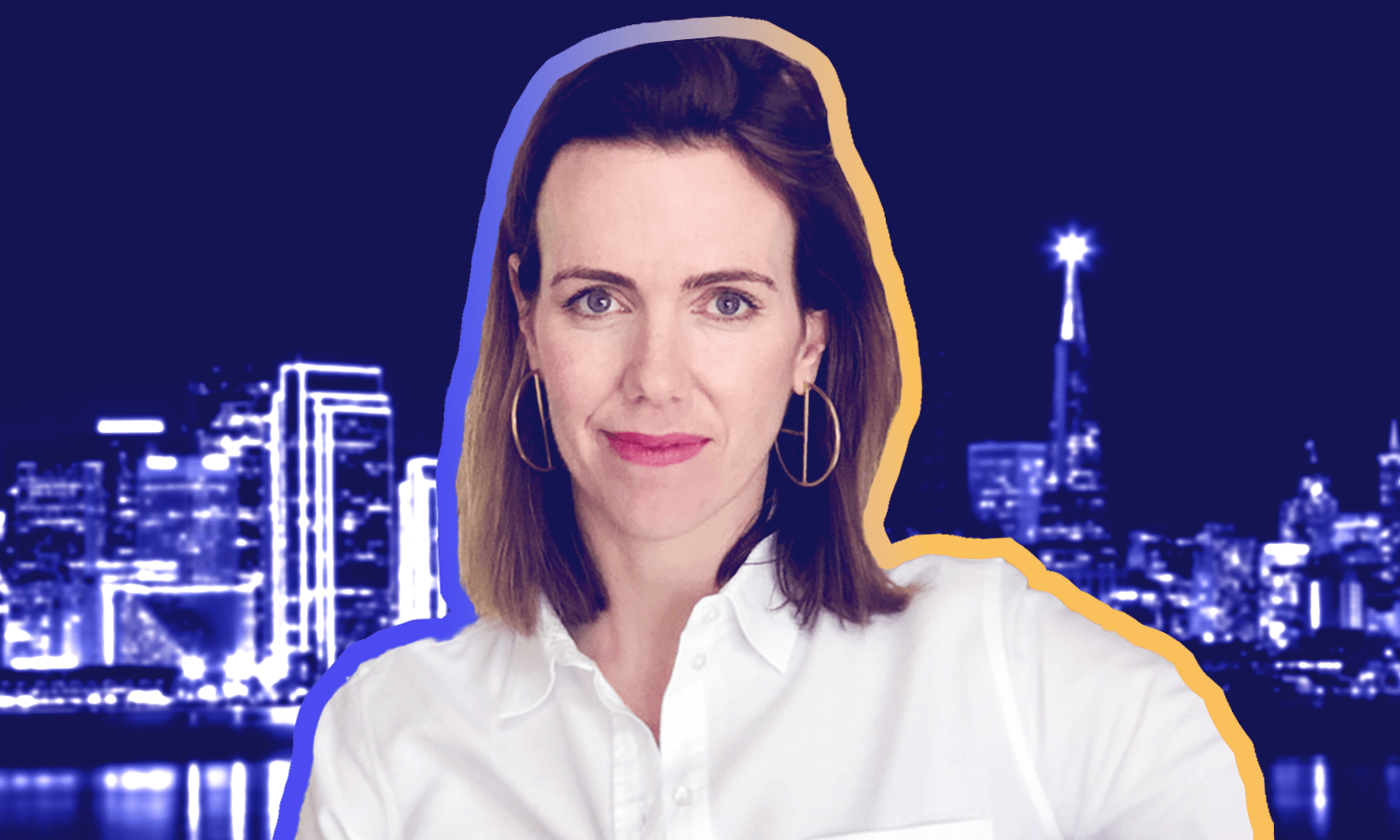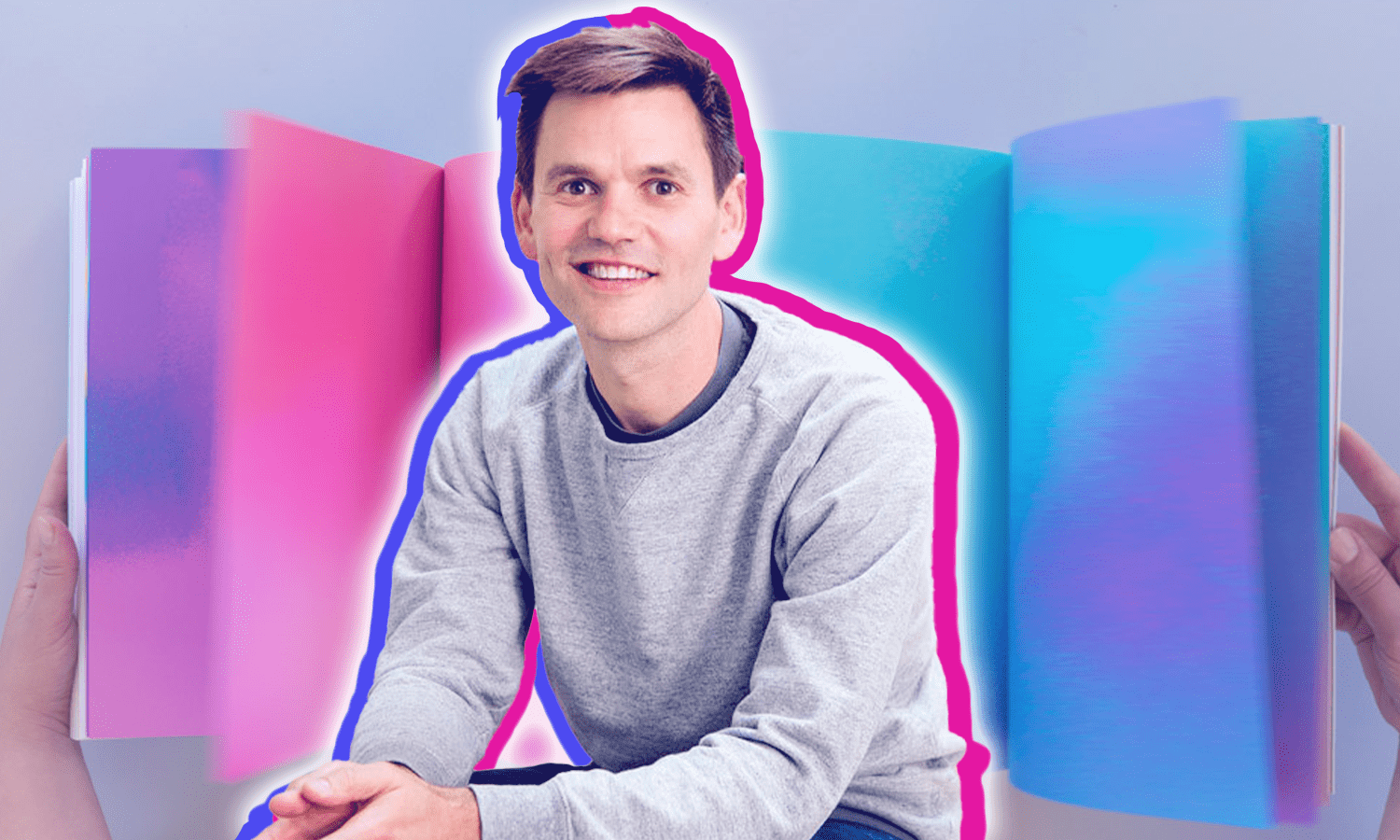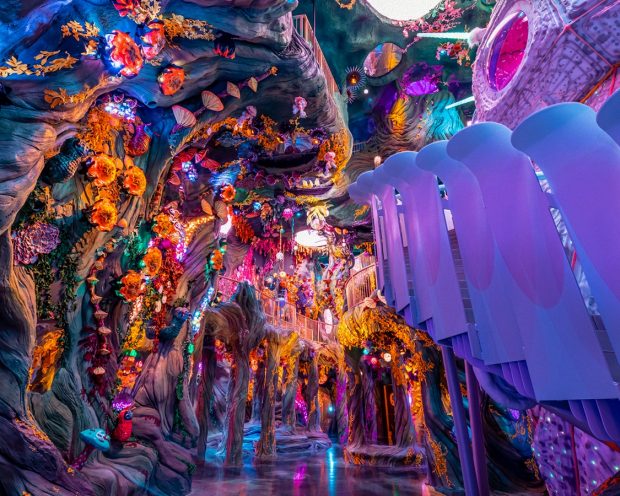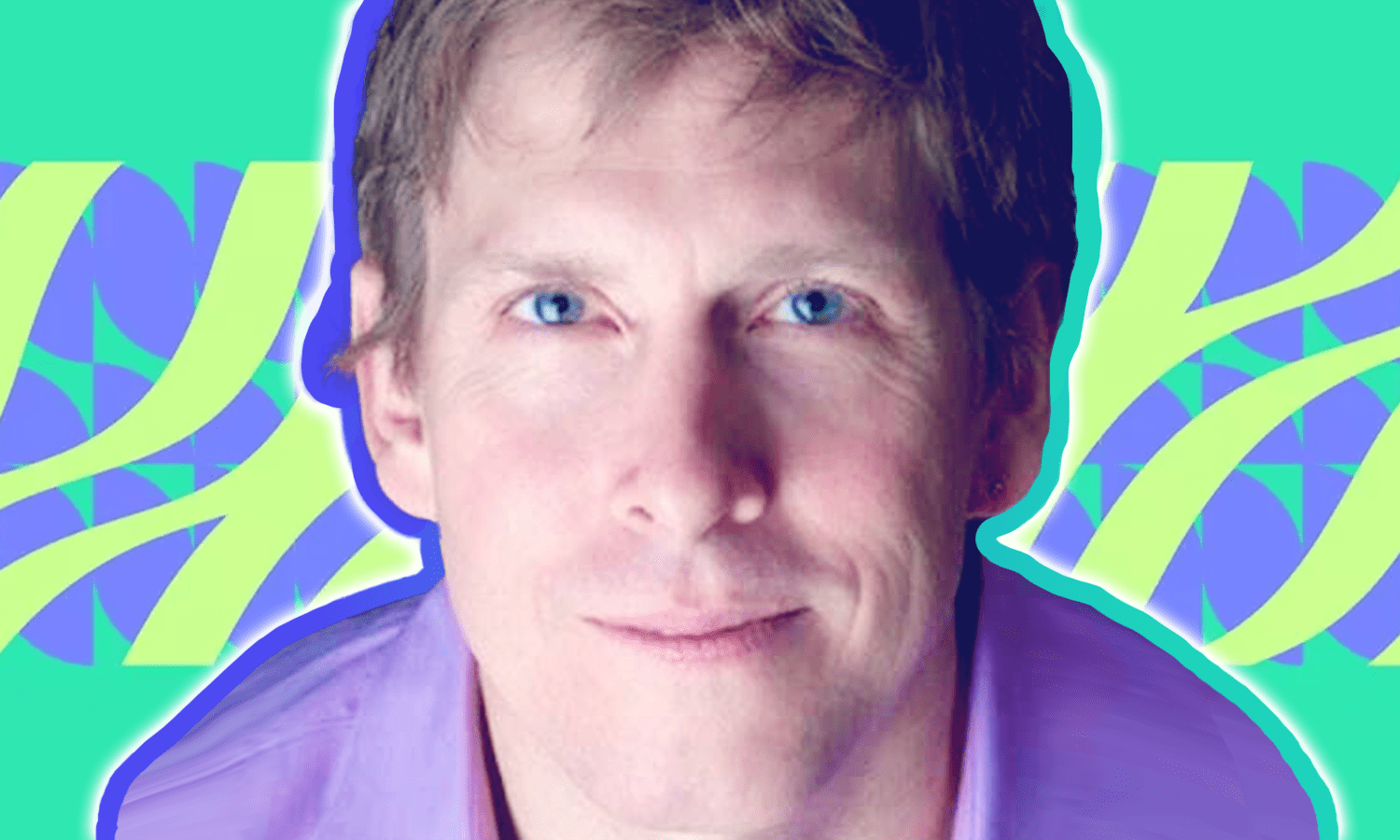We exist to create beautiful experiences: Q&A with Gabrielle Muse

No experience or activation exists without the thoughtful insights of a strategist. So many of us, especially in the experiential world, would just be out here screaming ideas into the ether with no thought of audience, marketing or budgets. Strategists, somehow, ensure that creativity shines while also producing results. Gabrielle Muse is no exception; in fact, she’s the blueprint. Muse is the founder and brand/product strategist at Studio Mococo — with XP Land favorite Martin Grasser. Having worked at basically every agency to ever exist (more on that below), Muse has certainly learned from the best. But it's her sixth sense that detects opportunity. Keep reading to learn how to build a successful creative agency on a ping-pong table, how paymentech launched the experiential economy and how to harness the emotional power of a high school marching band. Samantha Stallard: I had a really lovely conversation with Marty a couple weeks ago, and he said, "You have to talk to Gabby; she knows so much more than me." How did the two of you end up building Studio Mococo? Gabrielle Muse: I spent the first decade of my career working in creative agencies — including a really famous San Francisco...


